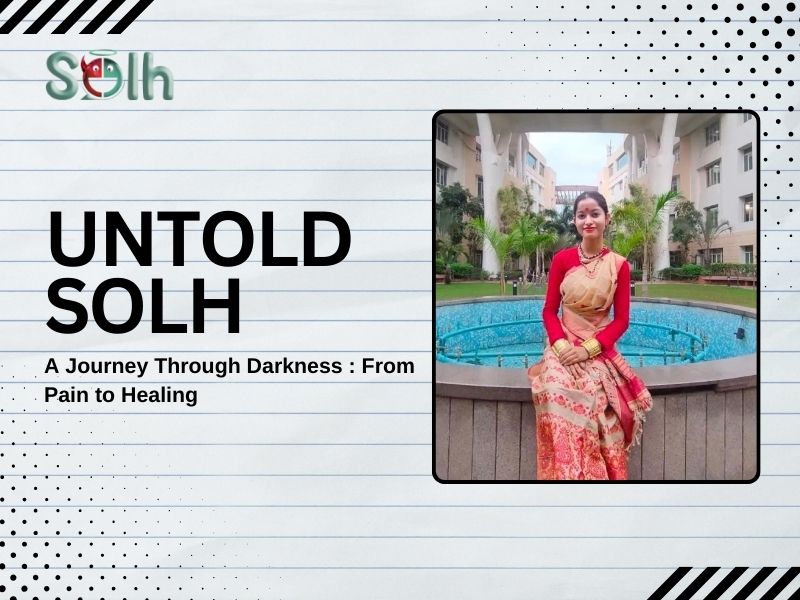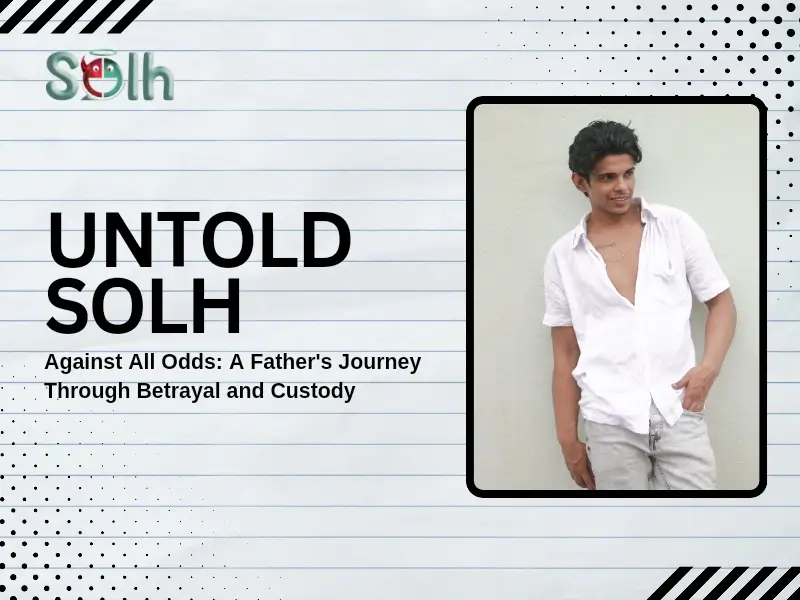Before I became a dedicated caregiver to my children, I worked as a journalist. I worked with Zee News, Aajtak, and then went on to work with the BBC. It was a dream job, I got to know so many different cultures because we were all under the same roof from all across the world. I got married and was blessed with my son, Aviraj. He was a very sick child and was in and out of hospital. We only got to know four years later that he had life-threatening food allergies. I decided not to continue with work and give my full attention to my child.
Then I had my daughter Shreya, who has Down syndrome. I remember sitting in the doctor's clinic and being told about 15 days later that my daughter has Down syndrome. There was an initial shock, and a few tears. But I also immediately wiped my tears and said that it’s all right, I'm here to look after her. And I think that was the only time that I cried.
I remember what a mother of a child with Down syndrome said, that you’re preparing for the journey of having a child, but instead of reaching that beautiful destination for which you've been preparing, your GPS absolutely takes you to a different place. But the beauty of it is that the new destination, although it's unexpected, does not mean that it's not going to be fun or it's not going to be enriching enough. And I think having a child with disability is like that.
We were in England at the time of Shreya’s birth. There was a lot of support for her from the doctors and the system. But the one thing that was really lacking was my family. And I felt that she would learn and blossom more if she was around family. So we took a decision to come back to India. Surrounded by family and loved ones, Shreya was benefiting from this structure. But the one thing that was missing was support for me as a parent, as a caregiver.
There was nothing available in Chandigarh. I remember being so desperate to connect with another parent that I printed out leaflets about Down syndrome with my contact information. I gave it to every hospital in Chandigarh. Six months later, I got my first call from another parent in Chandigarh. And I realized that this support system is so important for a caregiver. And that's when I started the Down Syndrome support group in India, which was an online support group.
Integrating Shreya into mainstream schools was also a challenge. Many schools claimed they couldn't accommodate her, and she was often excluded from social events. Parents might’ve thought that she could be a disruptive influence on their children. It was their way of keeping their child safe, not realizing that it is their responsibility to teach their children to embrace diversity and understand that children are different.
This issue isn't about our children; it's about a society fixated on perfection and uniformity. We are looking for everything to be “normal.” For people to be, behave, act and speak like a so-called normal person. But this would never lead to a harmonious society. So accepting children and accepting people with disabilities is going to make a more empathetic and compassionate society, something that we all desperately need in today's time.
For Shreya's learning journey, we found storytelling to be a powerful tool. As she grew, we faced challenges, but storytelling became a way to address her behaviors. I recall a moment when she stood on a ledge with a makeshift parachute. Instead of giving orders, I started a story about a curious rabbit. Her attention shifted, and I gently guided her to safety. This was just one instance where storytelling helped manage her behavior better.
During the pandemic, I realized the broader potential of storytelling. I started making videos not only for children but also for parents stuck at home. This marked the beginning of using storytelling as therapy in the disability sector. I now engage with about 50 children a week, incorporating various therapies into storytelling sessions. We use storytelling to support parents as well, providing counseling and motivation. Even our own story was featured in the book “Extra: Extra Chromosome, Extraordinary Love.”
As a caregiver, I would like to tell other caregivers that it’s also our responsibility to look after our own needs; it’s not selfish at all. We need to find peace within ourselves. You start finding that solace when you start believing in a higher power. You slowly start finding calmness within you, which also helps while looking after your child.



